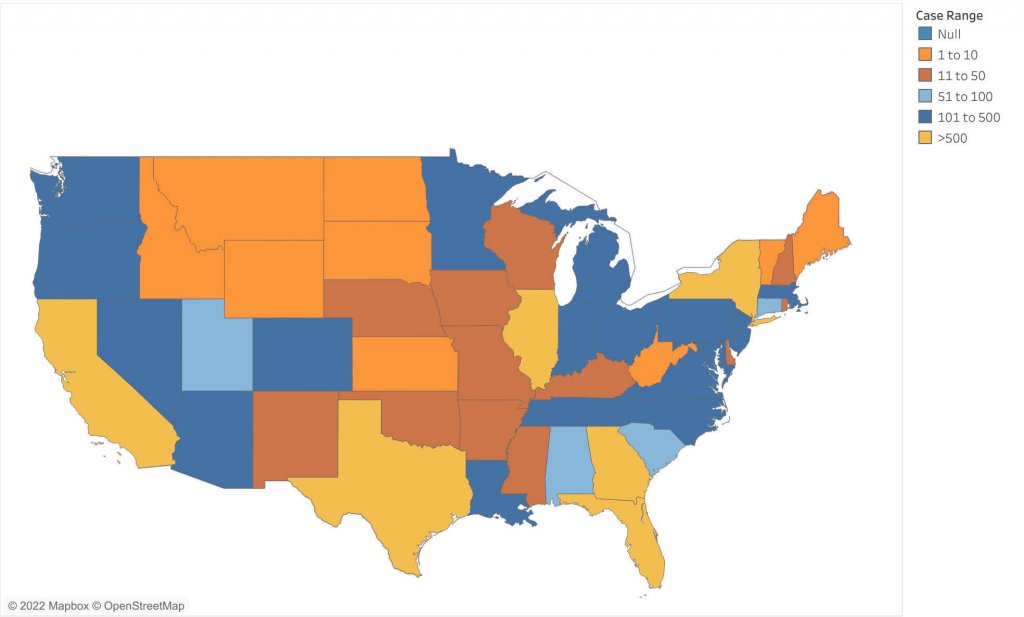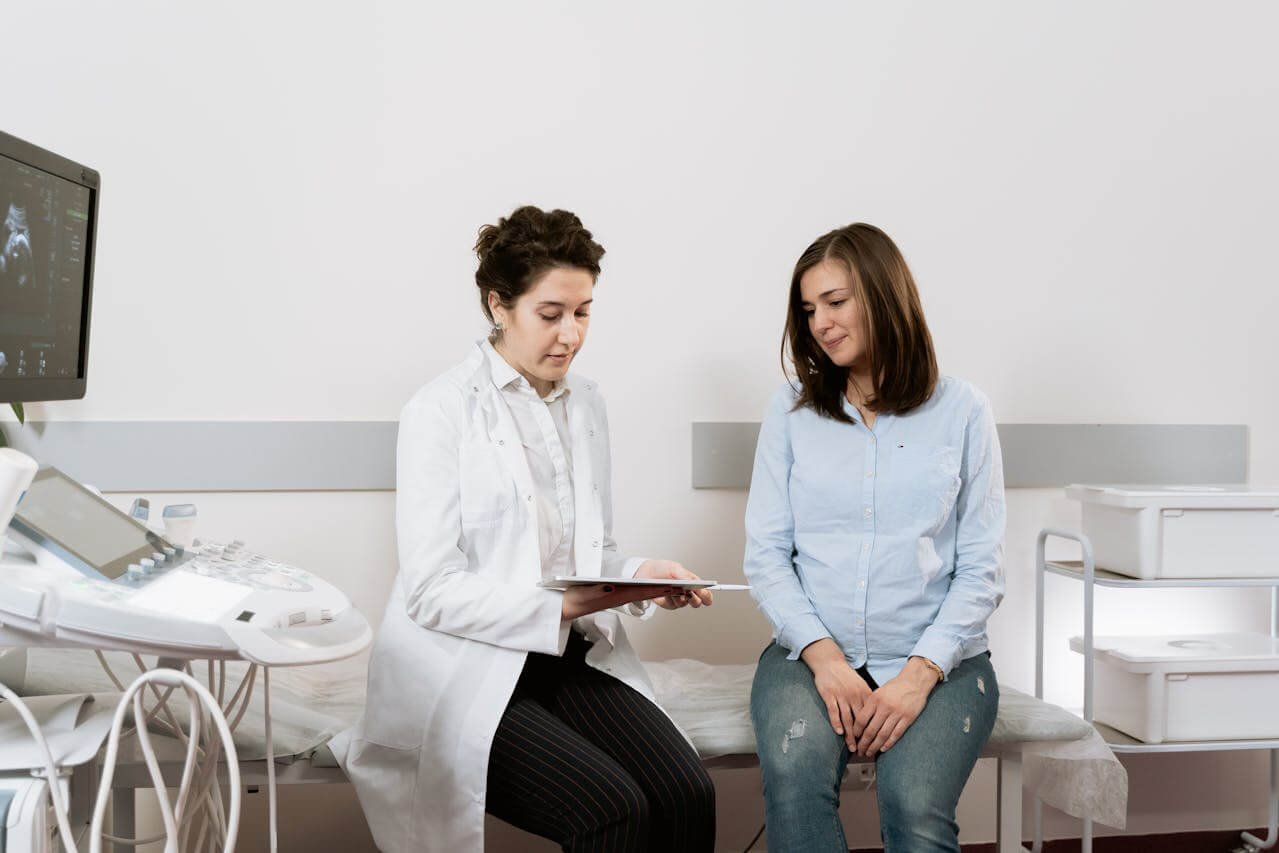Monkeypox: Key Facts You Need To Know

Monkeypox cases are rising quickly in the United States, prompting the World Health Organization (WHO) to declare the situation a “Global Health Emergency”, leaving many patients confused and wondering what this means for our society.
According to the Centers for Disease Control and Prevention (CDC), as of August 18, 2022, there are 15,909 total confirmed cases of monkeypox in the U.S.
AccessNurse Continues to Monitor the Monkeypox Landscape: Monkeypox Cases By State

In response, Schmitt-Thompson released new guidelines pertaining to the monkeypox nurse triage protocols to support medical call centers in evaluating virus symptoms during nurse triage patient calls.
Patient Questions Related to Monkeypox Answered
While the scientific studies are still being conducted, new information will continue to be revealed. However, here are the answers to some common questions that would help clear up some confusion for patients.
What is Monkeypox and How Does it Spread? Is it the Same as Chickenpox?
According to the CDC, monkeypox is a rare disease caused by infection with the monkeypox virus. While this virus is very similar to smallpox, it’s more milder with rash and flu-like symptoms.
It’s important to note that this virus is NOT the same as chickenpox. Chickenpox is a herpes virus, whereas monkeypox is an orthopoxvirus.
Monkeypox can spread to anyone via body fluids, skin contact and respiratory droplets. It primarily spreads through direct skin-to-skin contact with infectious sores, scabs, bodily fluids, including during sex, as well as activities like kissing, hugging or cuddling.
People can become infected by touching items – such as clothing or bedsheets – previously used by someone who is infectious, the CDC says. It’s also possible for people to get monkeypox from infected animals if they get scratched or bitten, or by preparing or eating meat of an infected animal.
What are Some Common Monkeypox Symptoms?
The CDC has compiled a comprehensive list of potential symptoms; it begins with flu-like symptoms including fever, chills, headache, muscle aches, fatigue, and swollen lymph nodes.
Eventually, fluid-filled bumps, or a blister like rash spreads across the skin that may initially be mistaken for chickenpox or a sexually transmitted disease if in the genital or anal region.
Monkeypox symptoms start within 3 weeks of exposure with the virus and the infection lasts two to four weeks. Once all skill lesions are healed, infected people are no longer contagious to others.

How Contagious is Monkeypox? Could the Virus Turn Into a Pandemic?
A monkeypox turning into a pandemic is unlikely since monkeypox appears to be much less contagious than COVID-19.
The monkeypox virus typically requires very close contact to spread – most often skin-to-skin contact, or prolonged physical contact. Whereas, COVID-19 is airborne and spreads quickly and easily. Scientists are already familiar with how monkeypox spreads, and how to combat it. Lastly, vaccines and medicines are already available that can help fight the disease.
AccessNurse Continues to Stand on the Healthcare Frontlines, One Call At a Time
AccessNurse continues to stand united with our healthcare partners to ensure quality patient care. If your organization needs support with nurse triage calls, click here to start your journey with AccessNurse.



